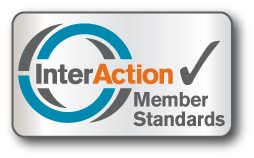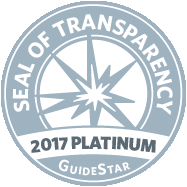Despite a sharp decline in child mortality rates during the past few decades, nearly 200,000 Ethiopian children under age 5 still die each year from preventable illnesses. Ethiopia has ambitious plans to lower child mortality rates using local health extension workers (HEWs) and mobile phones that can serve as virtual medical guidebooks. But how do you ensure health workers in isolated rural areas are trained and have the appropriate, easy-to-access information on their phones?
WEEMA and a healthcare nonprofit, D-Tree International, jumped in to fill this void. They designed a user-friendly mobile application with easy-to-use information, including videos, for diagnosing and treating pneumonia, diarrhea, malaria and other common childhood illnesses. Now, with additional funding from the IZUMI Foundation, we are training and supporting HEWs and supervisors to use these mobile tools in clinics across the Tembaro and Hadero Woredas in southwestern Ethiopia.
All 100 of the HEWs in the two Woredas are now using the technology and more than 4,000 young children have been assessed and treated using the tool.
The result is healthier children – and happier healthcare workers.
At a meeting earlier this month, health worker Mimmi Wolde cringed as she recalled using thick log books and chart books every time she met with a young patient. “We were using a log book which was the size of a table,” said Wolde, who works in the Hadero Woreda.
With the mobile tool, she works more efficiently and effectively. “This tool guides me to not make a mistake,” she said. “The application gives the disease classification and the appropriate treatment. I am only expected to correctly check the symptoms that a child has, like a cough and diarrhea.”
HEWs in the Tembaro Woreda tell similar stories. Ababa Gisaw recalled avoiding a mistake in treating a 30-month-old child with a 102.7-degree temperature. “The mobile tool guided me to give paracetamol, but (without the application), I would have prescribed Coartum (used for malaria),” she said.
Preventable illnesses such as diarrhea, pneumonia and malaria cause 35 percent of deaths in children under five in Ethiopia. Research shows that appropriately trained, supervised and supported healthcare workers can avert more than 60 percent of these preventable deaths.
WEEMA is now expanding this mobile health program to three additional districts. The Ethiopian government has also asked us to share our experiences and advice to improve their rollout of the digital tool to health extension workers across Ethiopia.
















